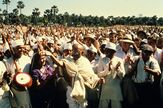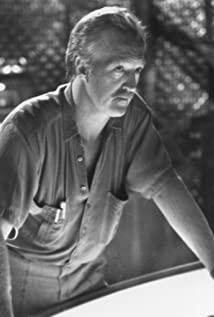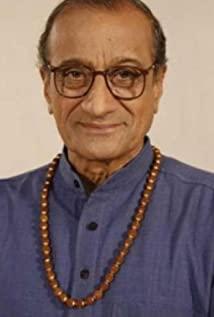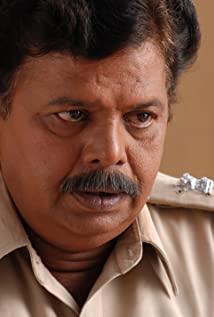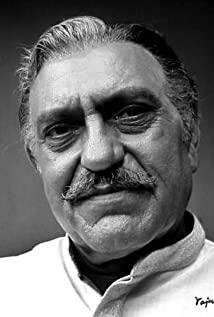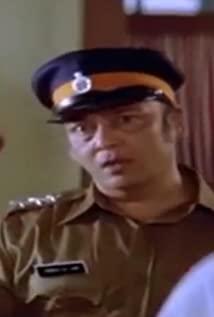I found a phenomenon that many young friends, after working for two or three years, often add modifiers such as "so-called", "so what", "not that" and so on. Occasionally speaking these mantras will give people a profound sense of reading the world and seeing through the world, but over time, it will inevitably become self-negative after self-dissolution. I think young people are the most innovative and enterprising group. This kind of cynicism cannot be arbitrarily explained as "young people are inherently sentimental", but mostly due to external circumstances. So, does the sense of powerlessness brought about by reality inevitably lead to self-dissolution and even negativity? of course not. Independence and critical awareness are indispensable at any time. However, young people must learn to draw positive forces from multiple sources, cultivate their own beliefs, and make themselves feel worthy of existence. The process of young people "believing in themselves, finding and realizing their beliefs and values" can be called "I Believe Therefore I Am". The 1982 biographical film "Gandhi" seems to have given a moral education lesson of "I believe, therefore I am" for young people who are forced by reality to lose their beliefs and be at a loss.
The film "Gandhi" has become a classic film in history, the film won the 1982 55th Oscar for Best Picture, Best Director (Richard Attenborough), Best Actor (Ben Kingsley) , Best Original Screenplay, Best Art Direction, Best Cinematography, Best Costume Design and Best Editing in a total of eight awards. Even today, three decades later, the film is still very entertaining. Due to the ingenious control of the director and the superb performances of the actors, the 191-minute film did not affect the layering of the plot and the portrayal of characters at all. Moreover, the various famous aphorism-style lines in the film will not only make people feel tedious and tired, but will also lead the audience to experience Gandhi's "non-violent non-cooperation" thought, accompanied by the South African Civil Rights Movement, the Indian Independence Movement, and the Partition of India and Pakistan. various changes that occurred. The film spans from the end of the 19th century to the middle of the 20th century. The world has experienced two devastating wars, and modern society begins to transition to postmodernity. When the belief crisis of "God is dead" began to appear in the Western world, Gandhi still persisted and practiced his belief in justice and humanity for decades, and led the Indians out of colonial rule in a civilized and peaceful way step by step. Towards democracy and freedom.
In 1913, South African authorities introduced laws that made marriages invalid if residents did not marry in accordance with a Christian ceremony. Gandhi was dissatisfied with the law and led the South African people of Indian descent to protest. At a protest rally, many people threatened to resolve disputes with extreme violence, even at the expense of their own lives. And Gandhi said, "I admire and need such courage, and that's why I'm willing to die for it. But, my friends, we don't have any reason to kill. No matter what they do to us, we won't Attack no one, no one will be killed. But we will never press our fingerprints, no one should. They will imprison us, fine us, confiscate our property. But they must not rob us as long as we insist Take our self-esteem..." At this point, someone in the audience shouted angrily: "Have you ever been in prison? They beat us and tortured us! I said we should..." Gandhi interrupted him decisively, and continued: " I ask you to fight it! Fight their anger, not provoke it. We will not strike, but we will take the blow. Our pain will make them see their own injustice. 'Hurt' will be more effective than any struggle."
In 1946, after the end of World War II, Brook White, a female photojournalist of American "Life" magazine, interviewed Gandhi, who was still under house arrest. When Brooke White asked, "Do you really believe that you can use non-violent methods to deal with people like Hitler?" Gandhi said, "There will be many setbacks and great pain. But Isn't this war full of frustration and pain? All you can do is never accept the injustice of Hitler or anyone else. You must expose the injustice and be willing to die."
India-Pakistan, 1947 After the partition, Hindus and Muslims rioted again, and Gandhi began his 14th hunger strike. In the end, he used his prestige to stabilize the situation. When several Hindu leaders who organized the riot promised "no more fighting" in front of the dying Gandhi, one of the leaders rushed forward and cried, "I'm going to hell... I killed a child..." Gandhi closed his eyes in pain and asked, "Why?" "They killed my son." Gandhi said calmly, "I know how not to go to hell. Find a Muslim child who has lost a parent and treat him as yours. raised his son and raised him as a Muslim."
On January 30, 1948, Gandhi was shot to death by a Hindu fanatic on his way to a prayer meeting. At the moment of being shot, he also gestured to forgive the murderer and bless him. India held a grand funeral for Gandhi, and the people of India and even government representatives from all over the world paid their last respects to him. At the end of the film, Gandhi's ashes are slowly sprinkled into the sea. At this time, Gandhi's famous words sounded again: "Whenever I am desperate, I always remember that in the whole history, only truth and love can prevail. There have been many tyrants and murderers who were invincible in a short time, but In the end, they will always fail. Think about it."
[Media request, reprint, please let me know below]
View more about Gandhi reviews





